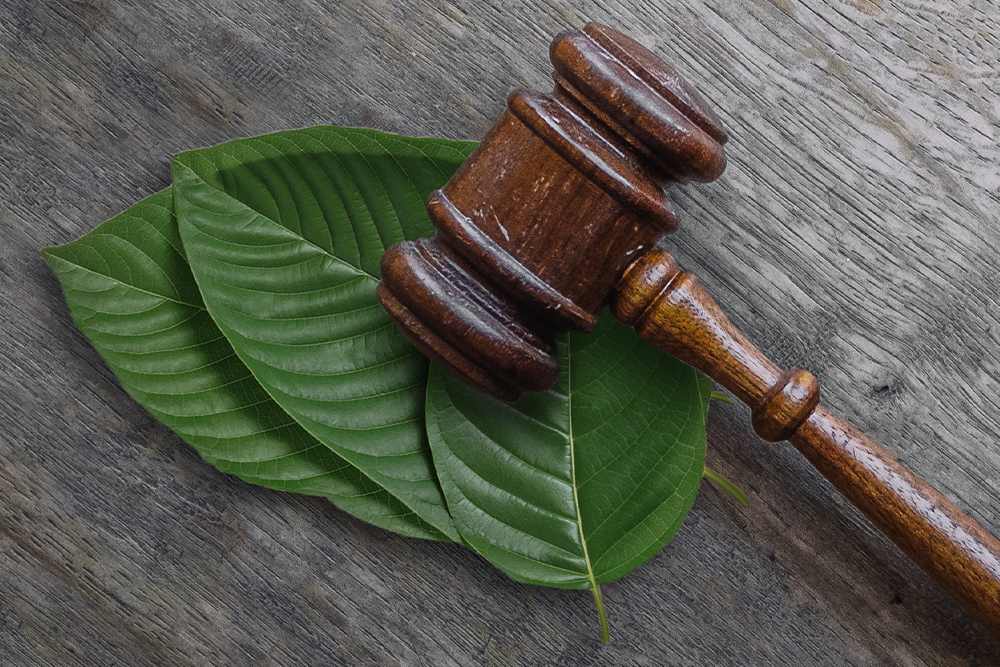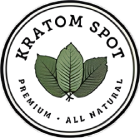
Kratom is legal throughout the vast majority of the United States. What’s more, new laws are being passed to protect kratom users and the therapeutic kratom products they enjoy throughout the US. But that isn’t true everywhere. For example, is kratom legal in Florida?
The short answer: yes, kratom is legal in Florida. But it’s not quite that simple, as individual Florida counties have passed restrictions on access to safe, legal kratom.
Kratom Legality in Florida
Kratom is legal in Florida, at least for the vast majority of the state’s 21.48 million residents. But for the 433 thousand living in Sarasota County, Florida? Well, the kratom situation’s quite a bit more restrictive.
Since 2014, Sarasota County has banned kratom. But this ban is based on a misdefinition, which may open the door to legal reform and safe, legal kratom in Sarasota County’s future.
The Kratom Ban in Sarasota County, Florida
In January of 2014, Sarasota County passed an ordinance that banned the sale, purchase, use, and possession of kratom. Violations are a misdemeanor, and punishable with a fine of up to $500.
But Sarasota County’s Ban, like so many other kratom restrictions, is based on misinformation. Sarasota County Municipal Code mistakenly classifies kratom as a “designer drug”, which it categorically is not.
When purchased from a reputable kratom vendor, kratom is an all-natural, unadulterated product with absolutely no additives or synthetic ingredients of any kind. Simply put, it couldn’t be further away from actual synthetic drugs like spice or bath salts.
Shortly after the Sarasota County kratom ban, a Change.org petition was filed in the hopes of overturning the ban. The petition got just over 600 signatures but was not enough to overturn the Sarasota County kratom ban.
Kratom in St. Johns County, Florida
Sarasota County isn’t the only place in Florida that has tried banning kratom. St. Johns County also toyed with the idea, but the ban was never implemented.
In early 2019, an ad hoc “drug task force” lobbied for a kratom ban, and the issue was taken up for discussion at a meeting of the St. Johns County Commissioners.
Following comments by some 20 kratom users sharing their experience with therapeutic kratom and the benefits it offered them, the Commissioners unanimously overturned the potential ban.
One Commissioner commented, “I see no reason whatsoever to pursue any kind of ban”, reflecting both the advocates’ first-hand experience and the so-called “task force’s” utter lack of evidence.
Ultimately, the story of kratom in St. John’s County is a triumph of small-scale advocacy over misinformation and unfounded stigma. It’s a telling reminder of how important it is for users to lend their voices to the cause of safe, legal kratom.
Which States Have Banned Kratom?
Kratom is legal throughout most of Florida, but not all states are the same. Currently, the states that have outright banned kratom are as follows:
- Alabama classified kratom’s primary alkaloids, mitragynine, and 7-hydroxy-mitragynine, as Schedule I narcotics in May 2016. This likens kratom to substances like ecstasy and heroin, an unjust misclassification.
- Arkansas banned kratom in February of 2016. In 2017, state medical examiners incorrectly stated that kratom’s alkaloids are derived from opium. It is unlikely we’ll see the Arkansas kratom ban lifted soon.
- Indiana outlawed kratom in 2014 but incorrectly listed the botanical as a synthetic cannabinoid. The legislature later amended their language, classifying kratom as a hallucinogenic substance, another misclassification.
- Rhode Island banned kratom’s alkaloids in 2017. Due to public outcry in other states, Rhode Island’s ban occurred in secret, confusing both residents and law officials. The state will vote on a measure to reverse the ban on September 1st, 2021.
- Vermont banned kratom’s alkaloids in 2016, but they were improperly classified as “synthetic drugs.” In January of 2020, lawmakers filed a bill to decriminalize kratom products, but kratom’s future is still uncertain in the state.
- Wisconsin banned kratom’s alkaloids in 2014, incorrectly associating kratom with both synthetic cannabinoids and hallucinogenic drugs. In 2019, lawmakers held informational meetings with the American Kratom Association (AKA), a step in the right direction.
But, just like Florida, several states’ counties have imposed local bans. These states include California, Illinois, and New Hampshire.
For the rest of the United States, kratom remains a safe, legal, and accessible option for users to buy kratom at their convenvience and to take control of their health and wellness.

